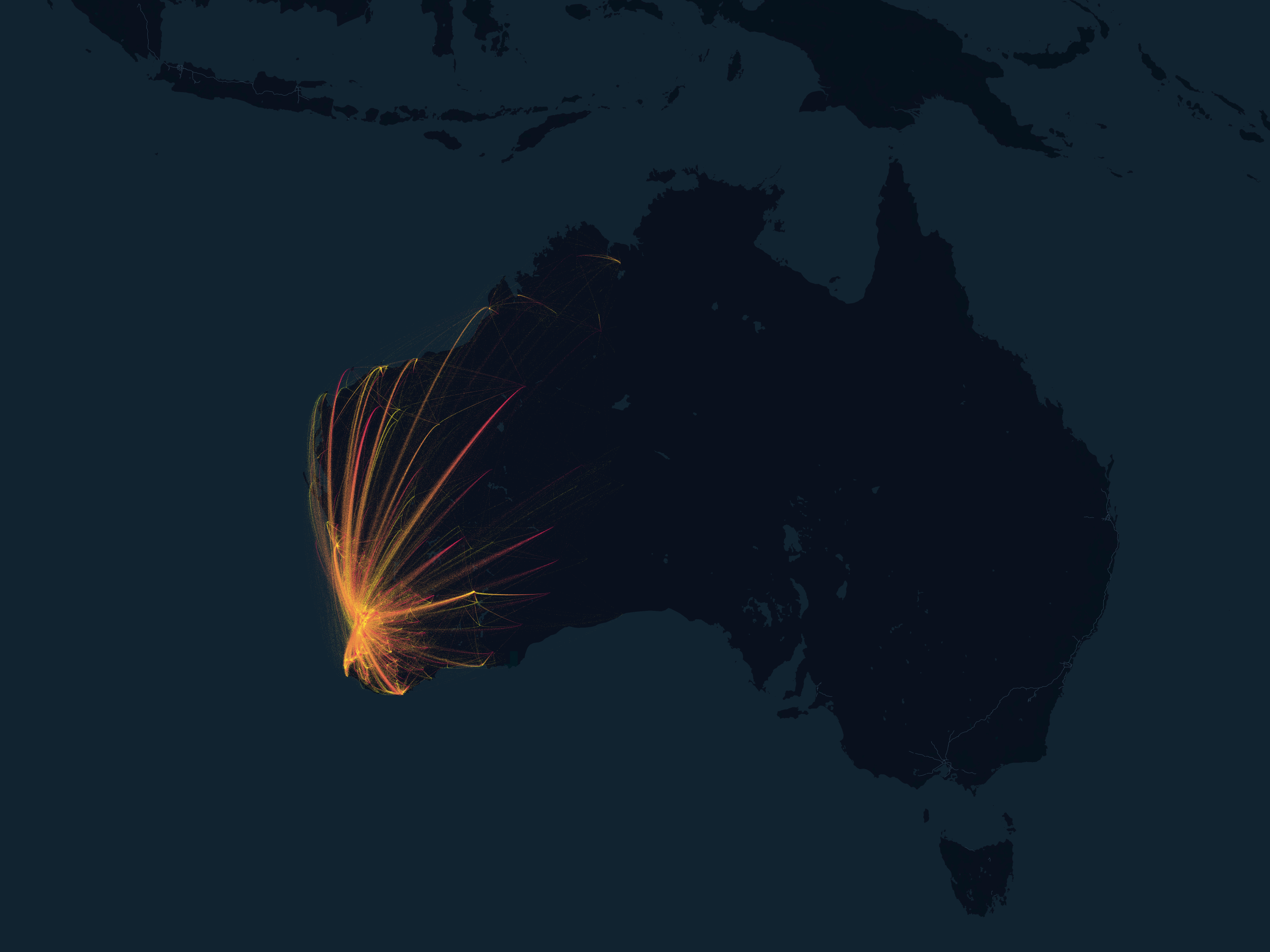Search

Researchers have developed a new model for simulating covid-19 outbreaks in Western Australia.
Emma Helen Glasson Leonard BPsych BSc (Hons) PhD MBChB MPH Senior Research Fellow Principal Research Fellow +61 419 956 946 emma.glasson@
Asha Bowen BA MBBS DCH FRACP PhD GAICD FAHMS OAM Head, Healthy Skin and ARF Prevention Head, Healthy Skin and ARF Prevention Areas of expertise: Skin
The ‘Ngangk Ngabala Ngoonda (Sun Safety) of Aboriginal young mob of WA’ is a community-led project that aims to identify the sun safety needs and strengthen sun safety knowledge of Aboriginal Children and Young People in Western Australia.
Investigators: Albert McNamara, Allan Kickett Snr, Brad Farrant, Carol Michie, Carrington Shepherd, Charmaine Pell, Cheryl Kickett-Tucker, Clair
We are working with the leadership and staff at foster care agencies and community members to provide information about cultural connection, and cultural activity and resources for Aboriginal children living in non-Aboriginal care arrangements.
View the Ngulluk Moort, Ngulluk Boodja, Ngulluk Wirin (Our Family, Our Country, Our Spirit) Out-of-Home Care Study resources.
Optimise+ is a research project designed to build on the best parts of LGBTQ+ community-controlled mental health and AOD services across Australia, with the aim of further enhancing service options.
This project will be conducted in conjunction with the Perth Childrens Hospital Health Weight Service (PCHHWS) and will involve three phases.
Yael Penelope Helen Perry Strauss Morgan BPsych (Hons) MPsych (Clin) PhD BA, MPH, PhD BA (Hons), Doctor of Psychology Head, Youth Mental Health
